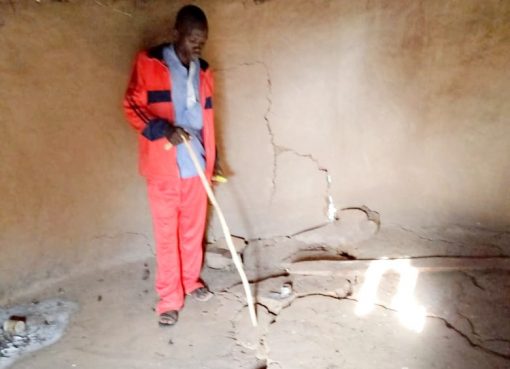Adult and continuing education stakeholders in Kilifi County have called for the construction of stand-alone adult literacy centres, in order to increase the county’s literacy rate.
Kilifi County Adult and Continuing Education Officer, Argwings Owuor and Malindi Deputy County Commissioner (DCC), Thuo wa Ngugi, said there was a need to increase the literacy rate in the County by encouraging as many adults as possible to access the service.
Speaking during celebrations to mark this year’s International Literacy Day at the Malindi Immigration Offices, the officials noted that adult literacy learners lacked space to attend classes in their neighbourhoods, thereby discouraging many from attending lessons.
They called on the National and County Governments to set aside funds to construct adult learning centres and stop the overreliance on primary schools and social halls, which were not always available.
Mr. Owuor said the introduction of the Competency Based Curriculum (CBC) had made it difficult for learners to attend lessons in primary schools as classrooms that used to be vacant in the afternoons are now occupied by young learners.
“We have been using classrooms in primary schools but because of the highly demanding CBC programme, the classrooms we relied on in the afternoons are now fully occupied,” he said.
The official said the County has 7,203 adult literacy learners comprising 5,315 women and 1,885 men and that the government had laid down strategies to ensure more adults who failed to secure formal education are reached with the service.
DCC Mr. Ngugi, urged illiterate men in Kilifi County to avail themselves for adult classes in order to increase the county’s literacy rate.
Mr. Ngugi lamented that the number of men who attend adult literacy classes in the county was too low compared to that of women and urged the men to take advantage of the government’s adult literacy and continuing learning programme.
“Most of the people who have joined the adult literacy programme in the County are women. I do not know where the men are,” he said.
He urged men to change their attitudes towards adult literacy and participation in communal development activities, noting that many men had left such activities to women.
He asked Chiefs and their Assistants to be at the forefront of encouraging people within their jurisdictions to take education seriously, saying an educated society was not susceptible to engaging in anti-social activities and was easy to govern.
By Emmanuel Masha





